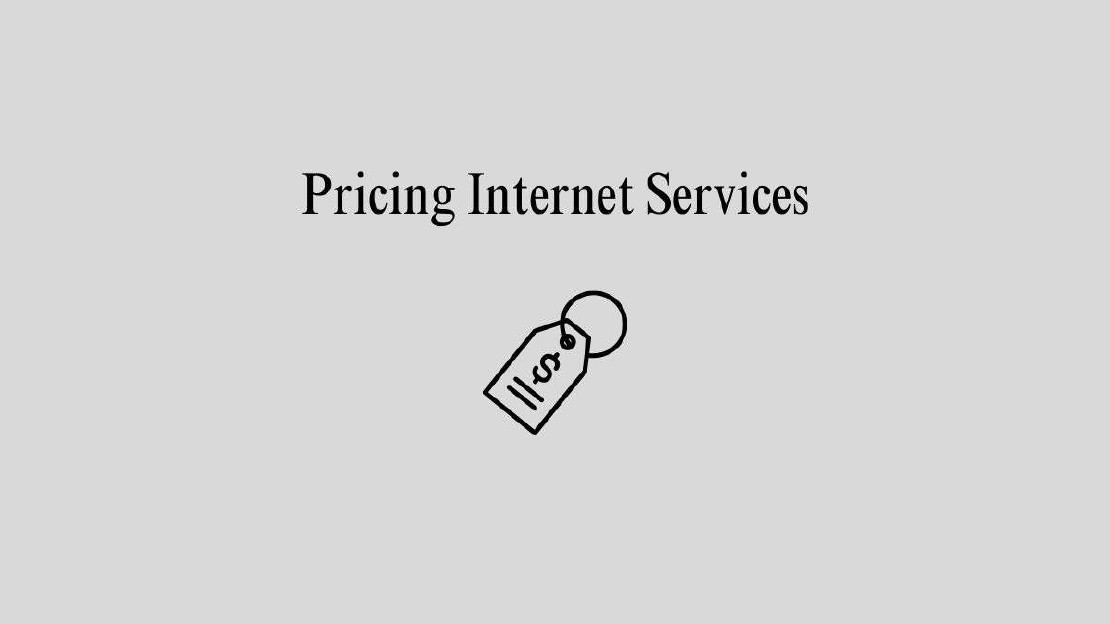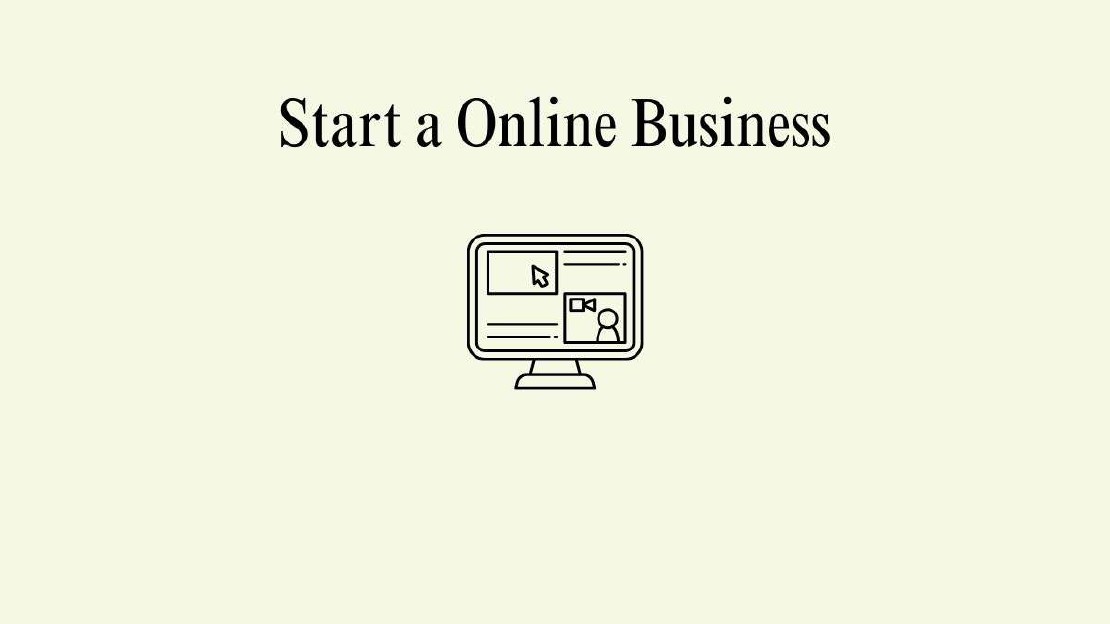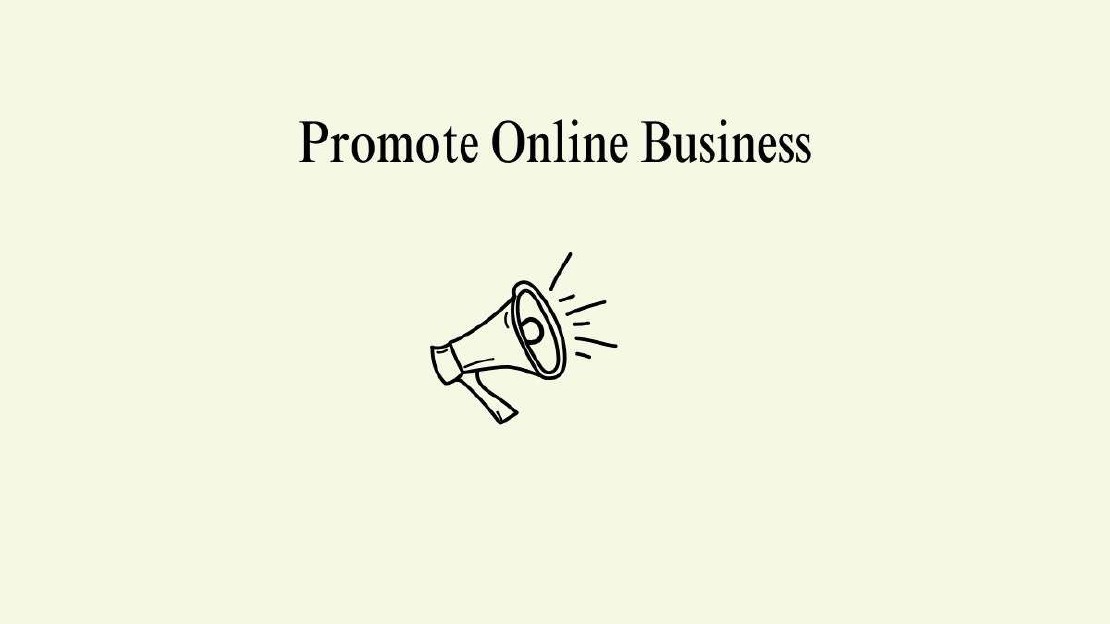How to Market an Online Business
Are you planning to market an online business? If so, you’ve found the right post! This blog post explores key marketing tactics, from building a strong brand to leveraging social media and SEO, providing practical tips and statistics to help online businesses thrive.
Online Business Marketing Tips
Marketing an online business can be both exhilarating and challenging. With the digital landscape constantly evolving, it’s essential to stay updated with the latest trends and strategies. Whether you’re a seasoned entrepreneur or just starting a online business for the first time, understanding the fundamentals of online marketing can make a significant difference in your business’s success. Let’s dive into some key tactics that can help your online business flourish.
Building a Strong Brand
First and foremost, a strong brand is the cornerstone of any successful online business. Your brand represents your business’s identity and values, helping you stand out in a crowded market. So, before you launch your startup, consider the following;
- Develop a Unique Value Proposition: Your unique value proposition (UVP) is what sets you apart from your competitors. It should clearly communicate the benefits of your product or service and why customers should choose you over others.
- Create a Consistent Brand Voice: Consistency is key when it comes to branding. Ensure that your brand voice is reflected across all your marketing channels, including your website, social media, and email communications. This consistency helps build trust and recognition among your audience.
- Invest in Professional Design: A professional and appealing design can make a huge difference. From your logo to your website layout, investing in high-quality design can enhance your brand’s credibility and appeal.
Do you have a podcast? Read our complete podcast branding guide!
Use Social Media Platforms
Social media platforms are powerful tools for marketing your online business. They offer opportunities to connect with your audience, promote your products, and drive traffic to your website. Engagement is crucial on social media. Respond to comments, participate in discussions, and create content that encourages interaction. This not only builds a community but also enhances customer loyalty. Social media advertising can help you reach a larger audience. With platforms like Facebook and Instagram offering targeted advertising options, you can tailor your ads to specific demographics, increasing the chances of converting leads into customers.
SEO
Search engine optimization is a critical component of online marketing. By optimizing your website for search engines, you can improve your visibility and attract more organic traffic. Understanding what keywords your potential customers are searching for is essential. Use tools like Google Keyword Planner or SEMrush to identify relevant keywords and incorporate them into your website content. Ensure your website is optimized for both search engines and users. This includes having a mobile-friendly design, fast loading times, and easy navigation. Additionally, create high-quality content that provides value to your visitors. Backlinks from reputable websites can significantly boost your search engine rankings. Reach out to industry bloggers, participate in guest posting, and engage in online communities to build a robust backlink profile. Keep in mind SEO strategies may vary.
Content Marketing
Content marketing is about creating and distributing valuable content to attract and engage your target audience. It helps establish your authority in your industry and drives traffic to your website. Blogging is an excellent way to share your expertise and provide valuable information to your audience. Aim to publish regularly and cover topics that are relevant to your industry and audience. Video content is becoming increasingly popular. According to a study by Wyzow, 86% of businesses use video as a marketing tool, and 87% of video marketers report that video has increased traffic to their website. Consider creating how-to videos, product demonstrations, or customer testimonials. Maximize your content’s reach by repurposing it. Turn blog posts into infographics, podcasts, or social media posts to reach different segments of your audience.
Email Marketing Campaigns
Email marketing remains one of the most effective ways to connect with your audience and drive sales. It allows for personalized communication and can be used to nurture leads and retain customers. Focus on building a quality email list rather than a large one. Use sign-up forms on your website, offer lead magnets like free eBooks or discounts, and ensure your subscribers have opted in to receive your emails. Your emails should provide value to your subscribers. Share informative content, exclusive offers, and updates about your products or services. Personalization and segmentation can also enhance your email campaigns’ effectiveness. Use tools like Mailchimp or Constant Contact to track your email campaigns’ performance. Monitor metrics such as open rates, click-through rates, and conversions to understand what’s working and make necessary adjustments.
Influencer Marketing Strategies
Influencer marketing can help you reach a larger audience by leveraging the influence of popular individuals in your industry. Choose influencers whose audience aligns with your target market. Micro-influencers, with smaller but highly engaged followings, can often provide better ROI than celebrities. Work with influencers to create authentic and engaging content that resonates with their audience. Authenticity is key to maintaining trust and credibility. Track the results of your influencer campaigns to measure their effectiveness. Look at metrics such as engagement, website traffic, and conversions to assess your ROI.
Search Engine Marketing
SEM can provide quick results by driving targeted traffic to your website. Whether through Google Ads, social media ads, or display advertising, it’s essential to manage your campaigns effectively. Define what you want to achieve with your paid advertising campaigns. This could be increasing website traffic, generating leads, or boosting sales. Regularly monitor your ad campaigns and make data-driven adjustments to optimize performance. A/B testing different ad creatives and targeting options can help you determine what works best. Set a realistic budget and allocate it based on your campaigns’ performance. Focus on channels that provide the best return on investment.
Analytics and Performance Tracking Tools
Finally, tracking and analyzing your marketing efforts is crucial to understanding what’s working and what needs improvement. There are endless online services tools for entrepreneurs. Tools like Google Analytics, SEMrush, and social media analytics can provide valuable insights into your marketing performance. Track metrics such as website traffic, bounce rates, conversion rates, and social media engagement. Based on your analytics, adjust your marketing strategies to improve performance. Continuous monitoring and optimization are key to long-term success. Set realistic and measurable goals for your marketing efforts. This will help you stay focused and track your progress over time.
Conclusion
Marketing an online business requires a multifaceted approach, combining branding, social media, SEO, content marketing, email marketing, influencer collaborations, and paid advertising. By understanding your audience and leveraging these strategies, you can drive growth and achieve long-term success. Remember, consistency and continuous improvement are essential. Keep experimenting, learning, and adapting to stay ahead in the competitive online marketplace.
Recent Posts

- Ebiz
Pricing Your Online Services
Pricing your online services correctly is crucial for success. This guide covers factors influencing pricing, strategies for setting rates, common pitfalls to …

- Ebiz
Online Business Startup
Starting an online business is an exciting and rewarding venture that offers flexibility, independence, and the potential for significant income. Whether …

- Work From Home
Amazons Mechanical Turk Monetization Tips
Looking for flexible online income? These Amazons Mechanical Turk monetization tips will help you turn small tasks into real earnings. If traditional remote …
